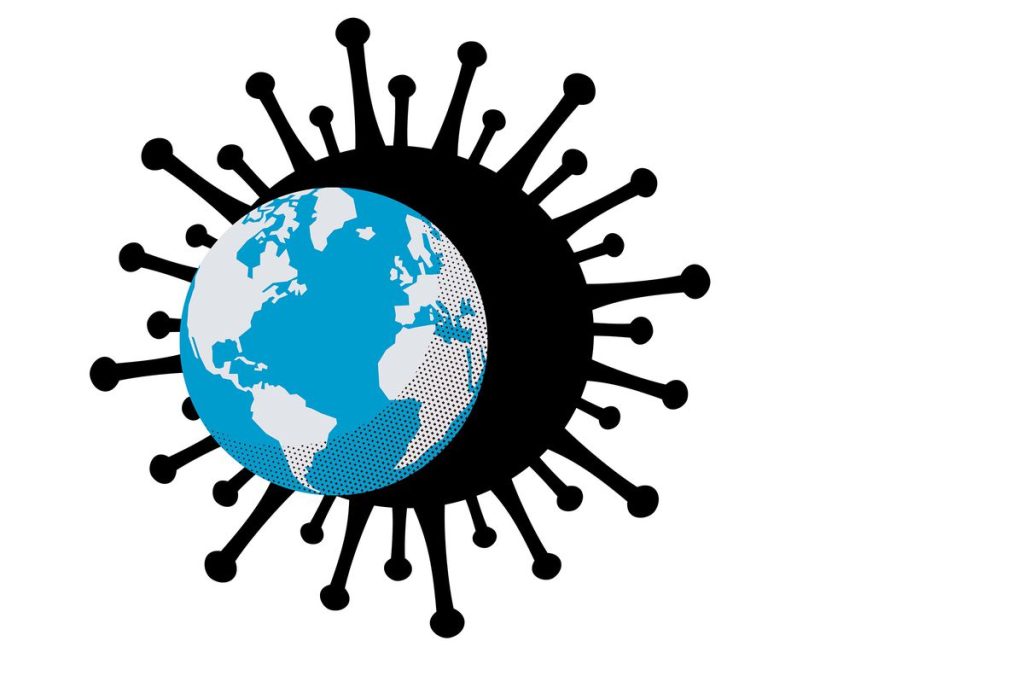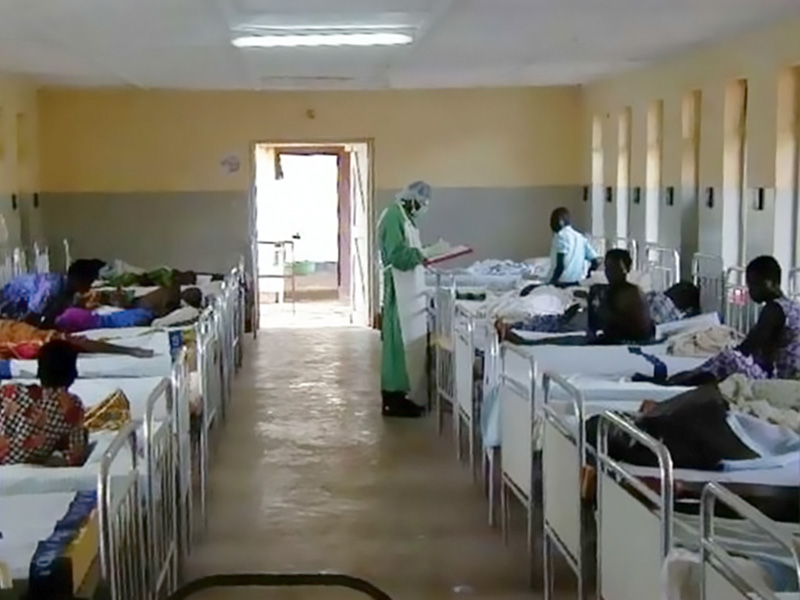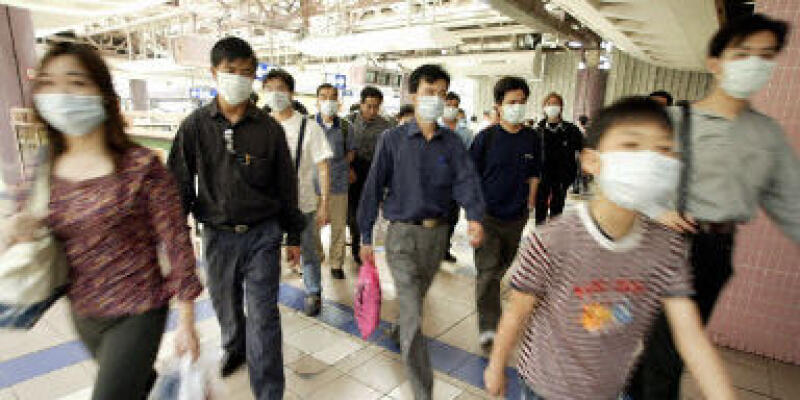Remember the population bomb? This profound concern over exponential growth of the world’s population provided ample fodder for academic dispute and dinner conversation during the 1960s and 1970s. Commentators like Stanford University’s Paul Ehrlich warned we would soon see famine, eco-catastrophe, and war as poor nations failed to cope with their surging birth rates. Yet these worries were swept from the popular imagination in the 1990s, when a less gloomy view prevailed: Yes, world population had grown dramatically, but birth rates were dropping practically everywhere. Many conservative commentators declared that the human population explosion was over. The real problem had become the impending global “birth dearth” or “population implosion.”









